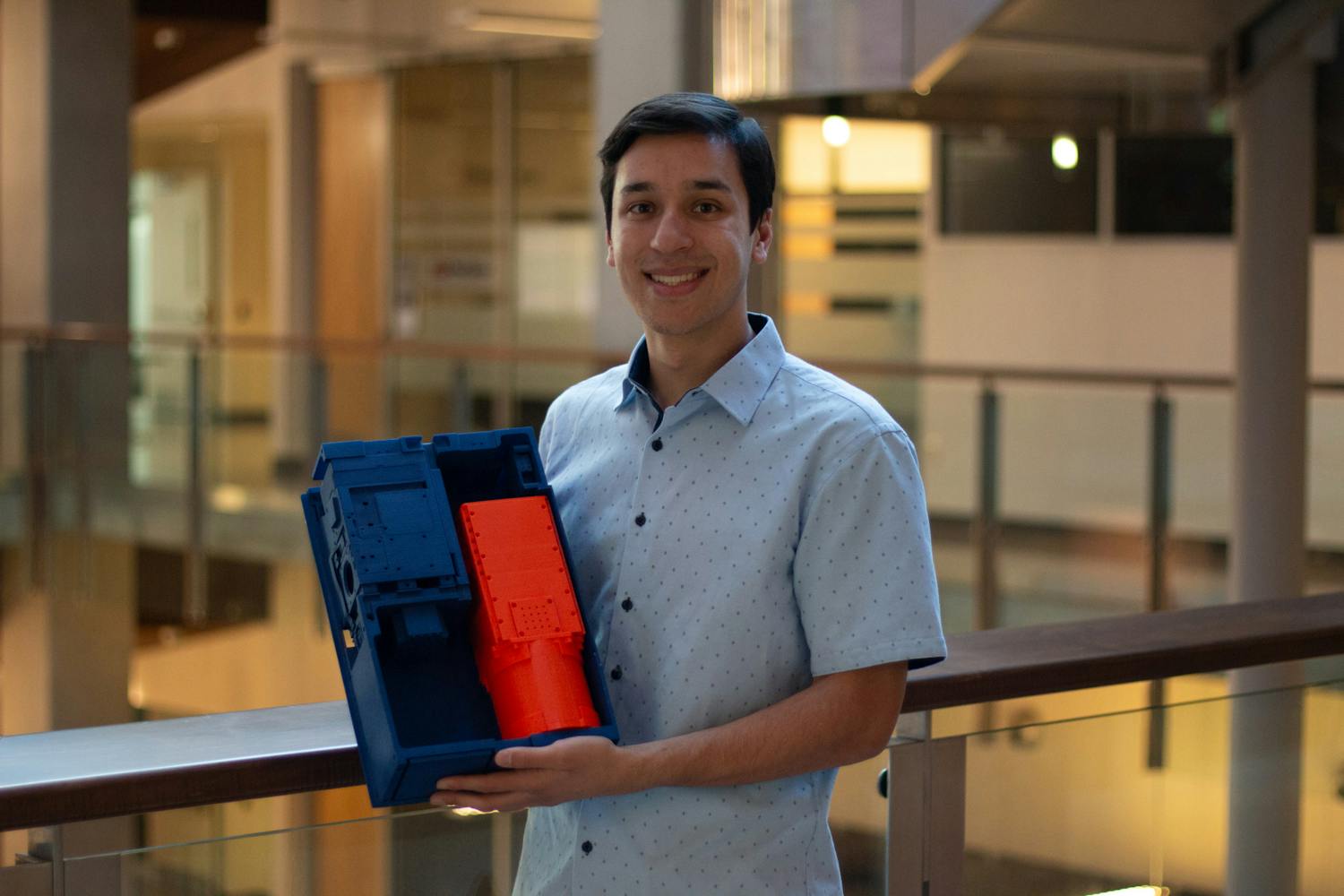In retrospect, a bachelor party was a bad time to bring up animal rights.
But in my defense, the groom was a friend, and a philosophy minor, and the invite specifically encouraged "intellectual conversation."
I took the bait. The resulting firestorm taught me a little about how our society understands reality and deals with radical criticism.
The late-night argument swirled around the question of animal personhood: Should animals (at least the scrumptious ones - pigs, chickens and cows) rightfully be understood as "persons?"
Beer-battered, we discussed what makes one a "person." Dismissing trendy and frivolous ideas like "art" and "culture," we focused on three classical traits: intelligence, emotions and social relationships.
I pointed out that our society has now recognized animals to have all these qualities. While animals were once thought to be automatons, flesh-clad robots driven by pure instinct, it's now generally accepted that they have individual intelligences, feel emotion and enter into social relationships with one another and with humans.
Really, I continued, this isn't too controversial. Most pet owners will admit to as much.
Thus, I concluded in a boozy, booming voice, animals should be considered "people."
With this, I felt myself run straight into a wall. Though my friends had followed me up to this point, they refused to grant personhood to nonhumans. They preferred to hold out hope that some crucial-yet-unnamed idiosyncrasy - a hazily defined "soul," for example - separated humans from chimps, dolphins, dogs, cattle, fowl and so on.
Our discussion moved sideways to what such a belief would entail. At a minimum, it would require an end to all meat consumption and livestock farming. My friends complained of consistency: If other animals eat meat, why is carnivorism wrong for us?
The question, I responded, isn't so much, "Is meat-eating right?" as it is, "Can we justify causing so much suffering of conscious persons?"
Still they balked. It was then that my friends' hostility became clear. The problem wasn't my logic; the problem was my threat to the basic sense of fairness my friends thought characterized reality.
I fear that my friends' sunny worldviews were grounded in situation comedies and Disney flicks. These teach us that trouble is temporary and stories always have happy endings. In cartoons, whole classes of people are not routinely slaughtered.
As a student of history, however, I am prepared to accept this dark picture because I know of a precedent - American racial slavery.
Slavery, too, stemmed from the misty origins of human history. And, like the slaughter of animals, it was practiced and defended by people who could not imagine themselves to be committing evil. These were good people - devoted fathers, compassionate mothers and the most vocal proponents of national liberty.
My friends are also good people. They'd like to see factory farming ended and oppose animal cruelty.
Abolitionists - political extremists - argued that whites and blacks were naturally equal and that American society was propped up by inhuman suffering. To many, this sounded insane.
Animal-rights activists, too, argue insanity.
To respond to abolitionist arguments, slaveholders invented new categories of personhood. They argued that blacks were of an "inferior order" of humans. In the words of the Supreme Court, they had "no rights which the white man [was] bound to respect."
They were commodities; they were chattel. They were not, for all intents and purposes, persons.
We now look back on slave owners as reprehensible people, ethical primitives who cared little for the sufferings of those who lived in their fields. I wonder if historians in the distant future will look back at those slaveholders and compare them to - us.
Of course, the judgment of the future isn't the issue. The important question is, "Are we causing suffering now?"
Brandon Hendrickson is an increasingly concerned carnivore. Send him tofu recipes at: brandon.hendrickson@asu.edu.



